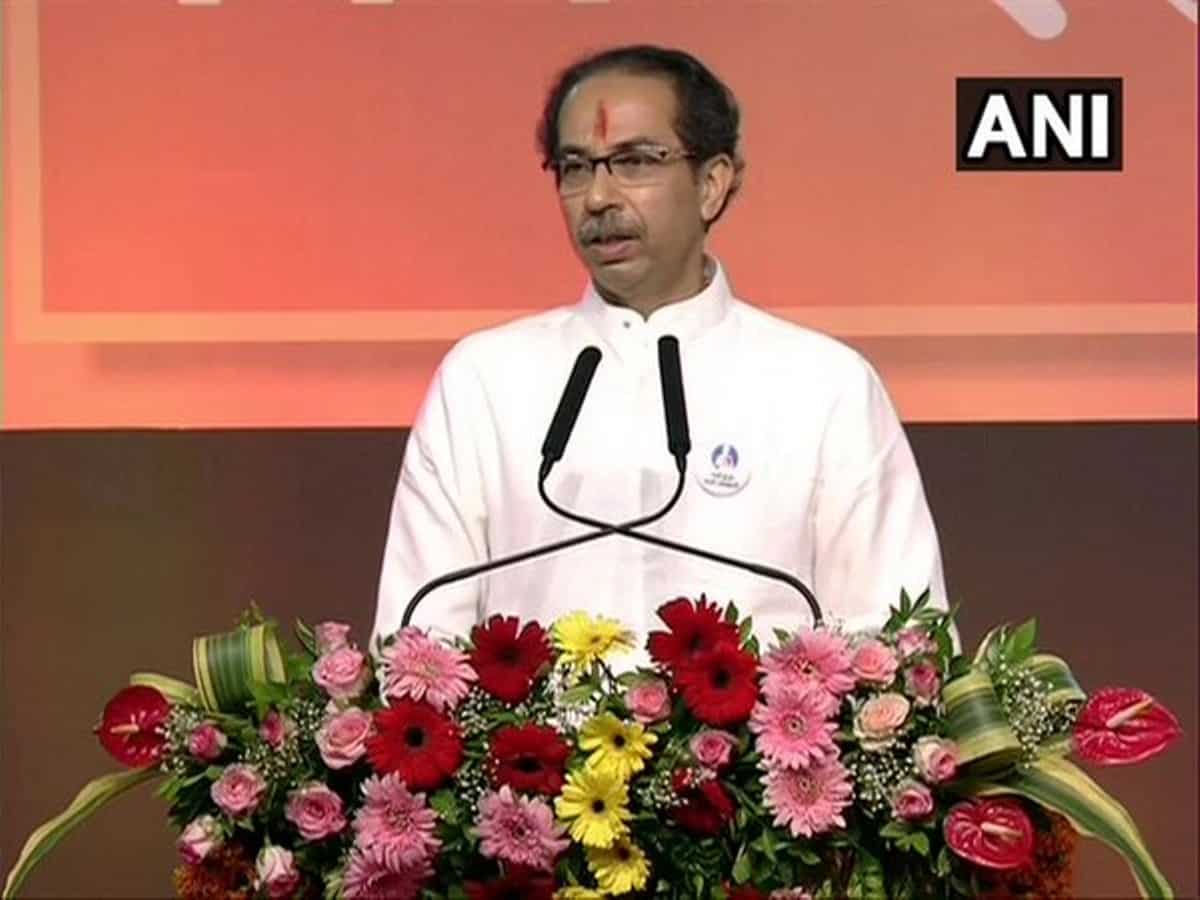
Mumbai: With an aim to document native natural resources and conserve them with the help of the local community that will ensure not just biodiversity conservation but also inclusion of traditional knowledge, the Maharashtra Cabinet on Thursday approved the ‘Maharashtra Gene Bank’, a first-of-its-kind project in India.
While clearing the proposal for the Maharashtra Gene Bank, the Cabinet headed by Chief Minister Uddhav Thackeray considered that the recommendations of the two-volume report of the pilot project by the same name, if implemented properly, would help in better conservation of the state’s rich biodiversity that will also ensure availability of natural resources for the future generation.
The Cabinet’s decision would guarantee the permanent continuation of the project that was run as pilot by Maharashtra government’s Rajiv Gandhi Science & Technology Commission across 27 districts. It would now be run by the State Biodiversity Board to sustain and continue the work.
“The Chief Minister understood and supported that biodiversity conservation cannot be a time-bound project. It is essential for survival, especially in these times of changing climatic conditions. Now, it will be a permanent institutionalised system cutting across 10-12 departments,” member secretary, Maharashtra State Biodiversity Board (MSBB), Praveen Srivastava, told IANS.
The Maharashtra Gene Bank is unique because it has tried to authenticate traditional knowledge by scientific institutions such as the Indian Institute of Science Education and Research (IISER), Pune, and the National Institute of Oceanography (NIO), Goa, Srivastava said, adding that CSIR institutions, several agricultural universities in Maharashtra and 25-odd NGOs too were part of the pilot project.
The government also sanctioned Rs 172.39 crore for implementing the action plan for the next five years. Earlier, the Maharashtra government budget had created a separate account head for the same, which will benefit the local communities using traditional and scientific knowledge for sustainable development.
Marine biodiversity; local crop/seed varieties; indigenous cattle breeds; freshwater biodiversity; grassland, scrubland and animal grazing land biodiversity; conservation and management plans for areas under forest right, and rejuvenation of forest areas are the seven main themes identified for the Gene Bank work.
Ecologist and former Secretary in the government of India, Madhav Gadgil, had conceptualised the project that aims to bring the members of the grass-roots community and the scientific community together.
